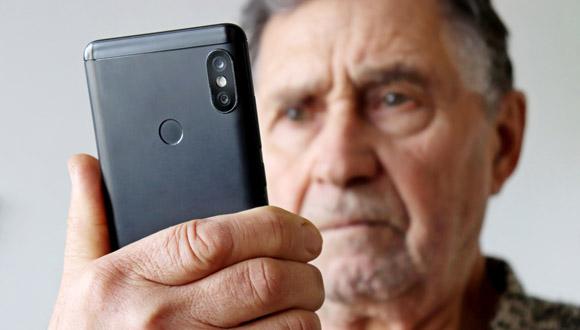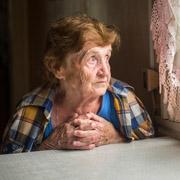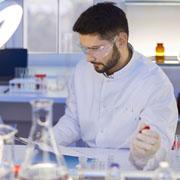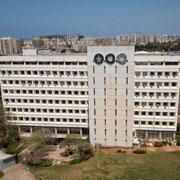Aging in The Digital Era
Promoting digital independence in daily functioning for seniors in Israel
Promoting digital independence in daily functioning for seniors in Israel
Background
The use of communication technology in daily life is rising steadily in our society. However, older individuals are in a digital gap relative to younger ones. This gap may lead to suboptimal function, which may have poor social and health consequences. The development of digital literacy is important both for contemporary use of the variety of digital options and services and for improving both the readiness and ability to adapt to a digital environment that is constantly evolving and changing.
Aims
The main goal of the program is to promote the digital literacy of the elderly in the fields of health, economy and leisure for the benefit of active and optimal aging. This goal includes also improving attitudes towards the use of digital means on a daily basis, improving the perceived digital capability and strengthening personal resilience and subjective well-being.
Methods
About 200 independent individuals (in the community and nursing homes) aged 60 and over, with low to medium digital literacy, will be included in this study. Data will be collected regarding use of smartphone, digital confidence, self-ageism, personal resilience and subjective well-being.
Funding
The study is supported by The Israeli Public Class Action Fund.
This project is in progress.
By Dr. Irit Bluvstein and Prof. Silvia Koton
Herczeg Institute on Aging, Tel Aviv University





